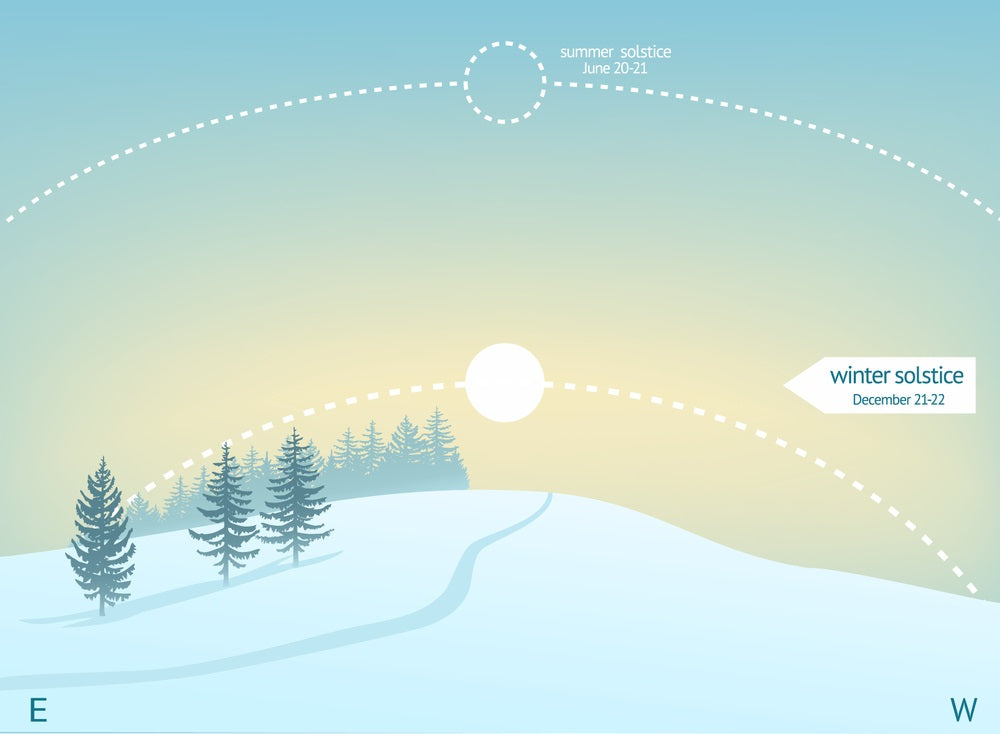The December Solstice, also known as the winter solstice in the Northern Hemisphere and the summer solstice in the Southern Hemisphere, marks an astronomical event where the sun reaches its southernmost or northernmost point, resulting in the shortest or longest day of the year.
What is the December Solstice?
The December Solstice occurs annually between December 20th and December 23rd, marking the official start of winter in the Northern Hemisphere and summer in the Southern Hemisphere. It’s a significant celestial event that holds cultural, historical, and astronomical importance across different civilizations throughout history.
Date and Time
In 2023, the December Solstice will take place on December 21st. This precise moment marks the sun’s apparent position directly over the Tropic of Capricorn in the Southern Hemisphere, resulting in the shortest day of the year in the Northern Hemisphere and the longest day in the Southern Hemisphere.
Effects on Daylight Hours
For observers in the Northern Hemisphere, the December Solstice brings the shortest day and longest night of the year, with limited daylight hours. Conversely, in the Southern Hemisphere, it signifies the longest day and shortest night, with extended daylight hours.
Cultural Significance
Throughout history, various cultures and traditions have celebrated the December Solstice as a time of renewal, reflection, and celebration. Many festivities and rituals are centered around this celestial event, symbolizing the triumph of light over darkness.
Observing the Solstice
Observing the December Solstice doesn’t require special equipment but rather an appreciation for the changing seasons. Those in the Northern Hemisphere can notice the sun’s lower position in the sky and shorter daylight hours, while the Southern Hemisphere experiences longer days and higher sun positions.
Conclusion
The December Solstice represents a pivotal moment in the Earth’s orbit around the sun, signaling the onset of winter or summer, depending on the hemisphere. It’s a natural spectacle that has captivated humanity for centuries, inviting contemplation on the cyclical nature of the seasons and the marvels of the cosmos.
So, take a moment to appreciate the beauty of this celestial event and the significance it holds in marking the changing seasons as we embrace the December Solstice on December 21st, 2023.


Share:
December 14, 2023 – Peak of the Geminid Meteor Shower
Embracing the Dark Sky: February 9 New Moon and Stellar Delights